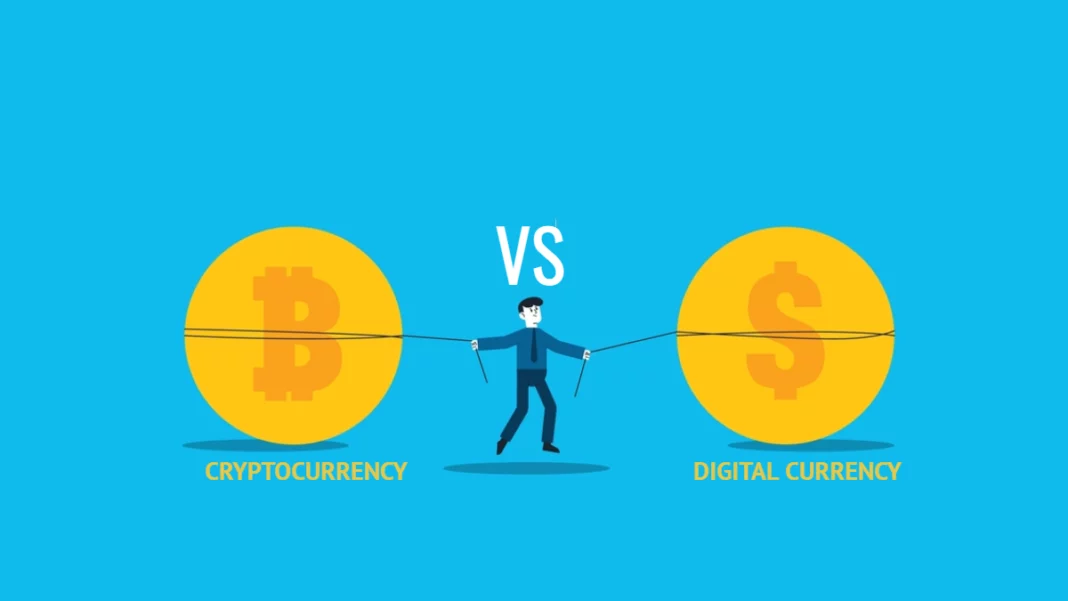What’s the difference between digital currency and cryptocurrency? In short, digital currency refers to any form of currency that is used electronically. At the same time, cryptocurrency is a digital currency that uses cryptography to secure its transactions and control the creation of new units. Cryptocurrency is a subset of digital currency and is often seen as more secure and more reliable than traditional forms of digital currency.
Definition of Digital Currency
Digital currency is a type of currency that is available in digital form, and it can be used to purchase goods and services or to trade for other types of currency. Bitcoin, Ethereum, and Litecoin are all examples of digital currencies.
The digital currency has become popular in recent years as a way to make payments and investments online. Some people see it as a potential replacement for traditional currency, while others view it as a speculative investment.
Definition of Cryptocurrency
A cryptocurrency is a digital or virtual asset designed to work as a medium of exchange. It uses cryptography to secure its transactions and control new units’ creation. Cryptocurrencies are decentralized, not subject to government or financial institution control.
Cryptocurrencies are unique because they are not subject to government or financial institution control, making them attractive to investors and users who value privacy and security. However, it also means that cryptocurrencies are volatile and can be subject to manipulation. Some examples of crypto assets are Cryptocurrency, Utility Tokens, Security Tokens, and Non-Fungible Tokens are examples of crypto assets.
Digital Currency Vs Cryptocurrency
Digital currency and cryptocurrency are often used interchangeably, but there is a difference between the two. Digital currency is a currency that is only available in digital form and is not backed by any government or central bank. Cryptocurrency, on the other hand, is a type of digital currency that uses cryptography to secure transactions and control the creation of new currency units. Cryptocurrency is decentralized, not subject to government or financial institution control.
Digital currencies are created and regulated by a central authority, such as a government or financial institution. Cryptocurrencies, on the other hand, are decentralized and not subject to government or financial institution control.
Digital currencies can be used to purchase goods and services, but they’re not limited to this use. Cryptocurrencies, on the other hand, cryptocurrencies are often used for investment purposes and can be traded on cryptocurrency exchanges.
Digital currencies are typically fiat currencies, meaning they’re not backed by a physical commodity. Cryptocurrencies, on the other hand, are often backed by blockchain technology.
Digital currencies are subject to inflation and can lose value over time. Cryptocurrencies, on the other hand, are deflationary and can potentially increase in value over time.
Central authorities regulate digital currencies. Cryptocurrencies, on the other hand, are decentralized and not subject to government or financial institution control.
Also Read: Advantages and Disadvantages of Using Cryptocurrency


